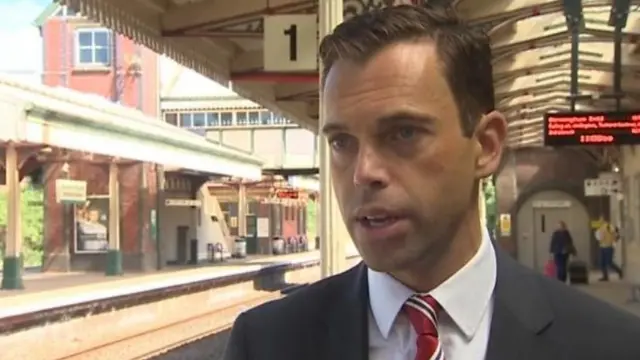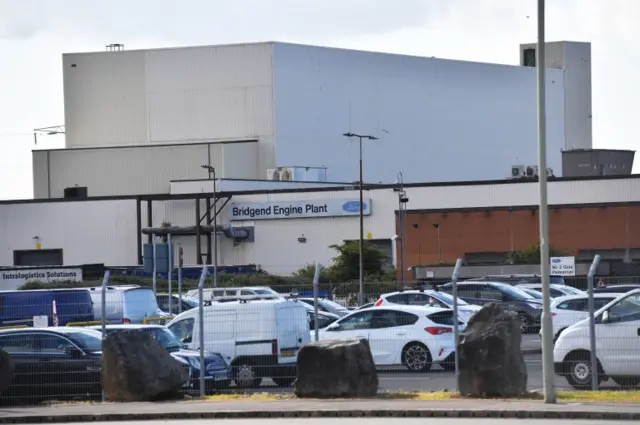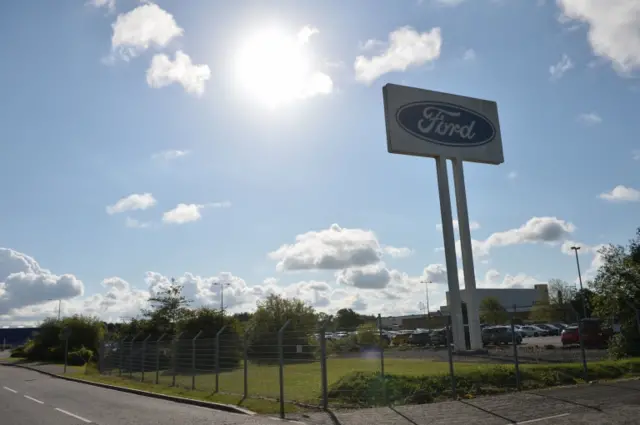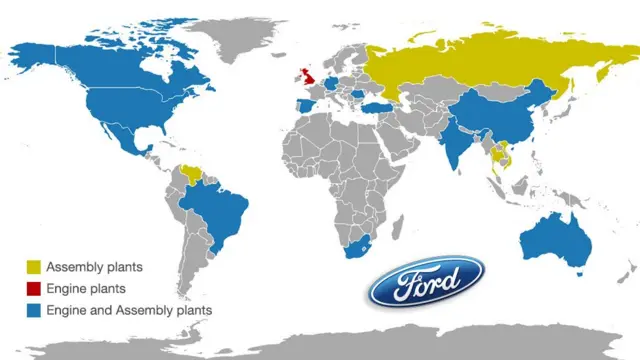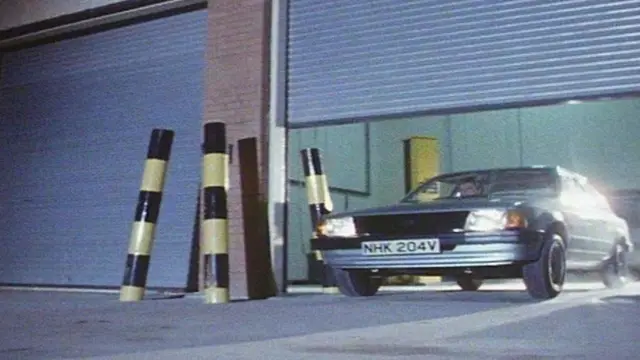UK car industrypublished at 10:28 BST 6 June 2019
Several car companies with UK factories have recently announced significant changes:
- Honda confirmed in February its Swindon plant will close in 2021, with the loss of about 3,500 jobs. It said the move was due to global changes in the car industry and the need to launch electric vehicles, and was nothing to do with Brexit.
- In February Nissan chose Japan over the UK to build the new X-trail car, thought to be driven by a decision by falling diesel car sales in Europe, post-Brexit concerns, and an EU-Japan trade deal which will reduce tariffs on cars imported from Japan.
- In January, Jaguar Land Rover confirmed it was cutting 4,500 jobs, with the substantial majority coming from its 40,000 strong UK workforce. It said it was facing several challenges, including a slump in demand for diesel cars and a sales slowdown in China. The firm has also complained about uncertainty caused by Brexit. In April it said it will build its next-generation Land Rover Defender 4x4 in Slovakia rather than the UK.
- Despite the challenges it has not all been bad news - in March Toyota announced it would start manufacturing hybrid cars for Suzuki at its factory in Burnaston, Derbyshire, although this will not bring in extra jobs.
- Aston Martin plans to create 700 jobs at its plant in St Athan in the Vale of Glamorgan, where it will produce its first electric car. The Welsh Government has given it grants totalling £18.8m and has guaranteed its rent for a 30-year period for an undisclosed amount. However the company has faced scepticism from investors over its strategy.
- BMW and Jaguar Land Rover (JLR) are to joinforces on developing electric car technologies. Under the deal, JLR will then produce its drivetrains, which deliver power to the wheels,at its Wolverhampton plant, which employs 1,600 people.

